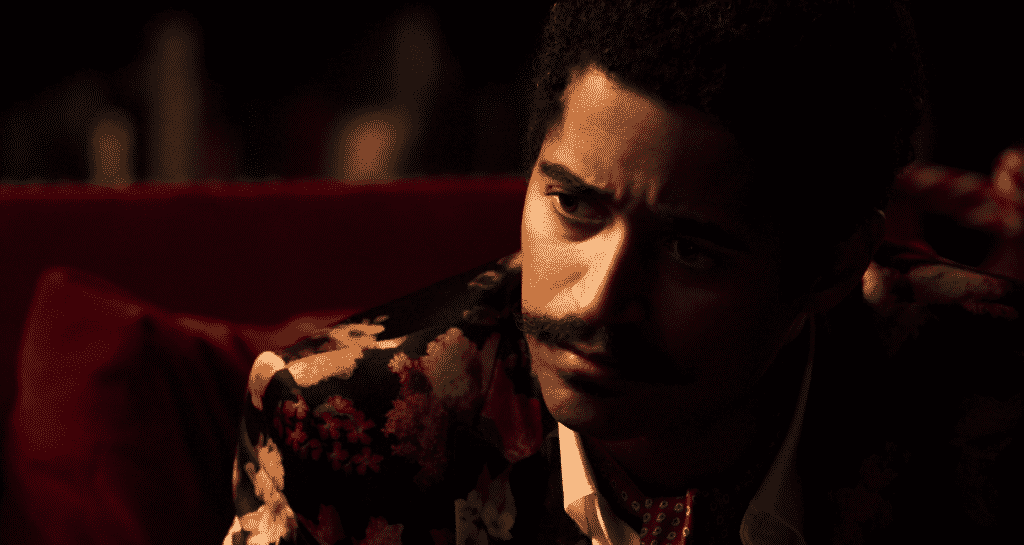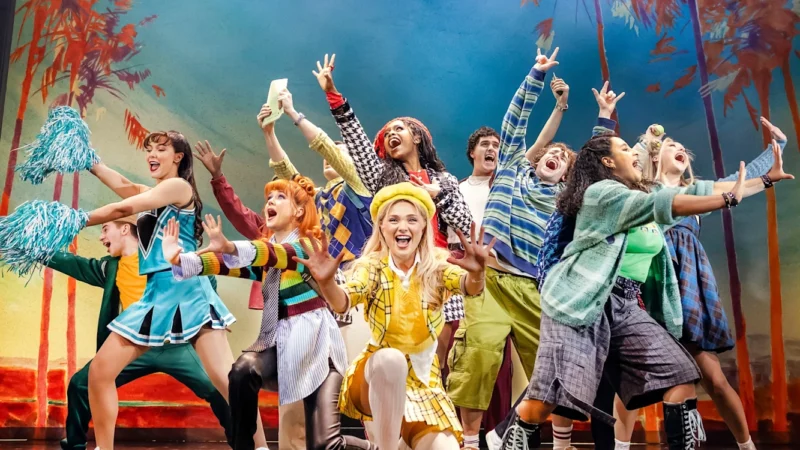Stars combine and theatres from east to west collaborate for a digital recontextualising of Oscar Wilde’s seminal novel. But can the Belle Epoch really dance to the tune of the pandemic?
Oscar Wilde’s 1890 novel is steeped in scandal, debauchery, and vanity. The life of the naive Dorian is ruined as he is seduced by his own good looks, dangerous friends, and the concept of everlasting beauty. Sound familiar? Maybe to today’s doomscrolling through a roller deck of beauty/sex, beamed straight into our phones from an army of ever young influencers? I would say the play has plenty to work with.
But theory and practice can be worlds apart. This production is ambitious and, from a gears and cogs perspective, a marvel. Departing from most lockdown theatre, here there are multiple locations, a cohesive soundtrack, courtesy of Harry Smith, cinematic camera angles, and beautiful effects from Benjamin Collins. Within the interview framework, there are interspersed Tik Tok snippets, Facetime, party scenes, Snapchat, all with crystal clear quality and seamless transitions. Tamara Harvey’s directorial choices are fast paced and Holly Pigott’s sets are expensive and lush, with the cameras picking up every realistic detail.
Performance-wise, Alfred Enoch as a (very young) Harry Wotton steps up to the plate enthusiastically. Embracing the many variations in format, he emits the sex and confidence of the dinner party philosopher (Wilde’s most autobiographical character) with a modern flair. Emma McDonald as Sibyl Vane is delicate and easily crushed; by far the closest character to the book. Russel Tovey as Basil Hallward feels a little uncomfortable within the changing settings of the piece, and similarly Joanna Lumley as Lady Narborough adds very little. Stephen Fry is seldom seen, but makes himself heard as the Interviewer. Fionn Whitehead as the eponymous Grey does his best, but is rather undercut by the script.
The reason for the novel’s perseverance in the public psyche is the “thread of doom”, as Wilde put it, running through it. Sadly, here the thread is thin and barely visible. Thankfully the queer undertones of the novel are joyfully highlighted; but sprinkling mentions of Grindr here and there does not a revelation make.
Reworking the novel as a quest for digital immortality is a nice parallel, but the piece throws too much at the wall, and consequently nothing sticks. Fake news, Qanon and cancel culture are a few buzz words thrown about, but the script doesn’t think about the nature of internet fame and its trappings. Also, considering the potent sexuality of the book, sites such as OnlyFans and the world of pornography are a missed avenue, despite their obvious link to the idea of male beauty and monetisation of image.
The last nail in the coffin is, sadly, Henry Filloux-Bennett’s writing, which doesn’t capture the acidic wit of Wilde. A good recontextualisation seamlessly blends the writer’s own voice with that of the original, or throws out the rule book, keeping only the concept. This piece is sat squarely in-between the two; neither reinventing the wheel, nor keeping the purists happy. It is trapped by the narrative of the book, and therefore the modern setting feels more like embellishment, rather than supporting walls. The verbatim quotes land awkwardly within Filloux-Bennett’s framework, and holes in the concept slow down any momentum built up by the talented creative team or select actors.
Despite all the relevant mentions of social distancing, and lockdowns, the play fails to marry the themes of the novel with the reality of today, which is a missed opportunity for a tale rooted in the shallowness of society. This book was used in part to ruin Wilde in court, yet the shocking nature of the story sadly hasn’t found its 21st-century mouthpiece.



